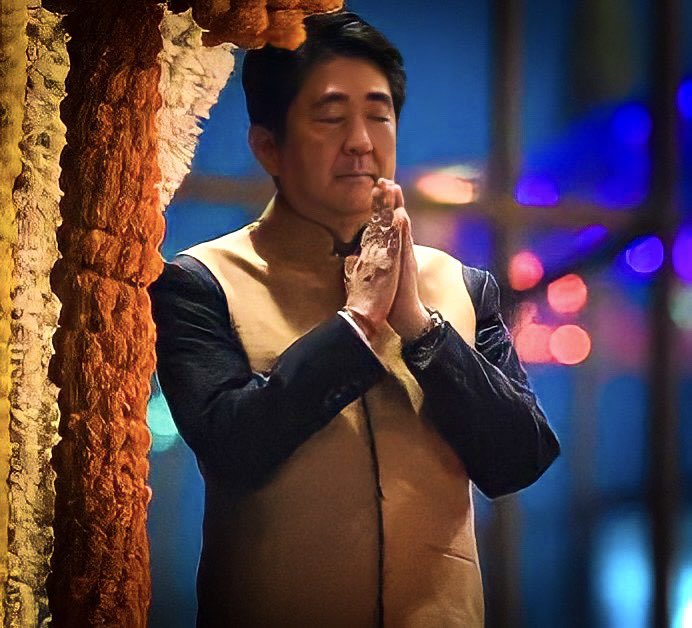
Killing The Messenger

Mr Shinzo Abe, the ex-Prime Minister of Japan, was assassinated on 08 July 2022 by one of his own countrymen who shot him at point blank range with a home-made hand/shot gun, made mostly out of 3D printed parts. Despite on the spot CPR followed by evacuation through an air ambulance, one of the world’s most developed countries could not save its PM. Mr Abe succumbed to heavy blood loss and other induced complications.
Though the shooter has been arrested, the motive behind the assassination attempt is still not clear. Initial inputs suggested that the shooter, allegedly an ex-member of Japan’s Maritime Self Defence Force, an equivalent of Navy, decided to kill Mr Abe as he was not happy with his policies. Though he left the premiership of the country in Sep 2020 due to health reasons, Mr Abe still retained substantial political and ideological heft in the country’s politics, especially the Government, due to his stature.
Besides being the longest serving PM, Mr Shinzo Abe attempted to infuse nationalism in a country which had shed away all pretensions and ambitions of being a great power, adopted a pacifist constitution abhorring political violence in pursuit of national goals and ended up being needled by China on a number of issues. Post the tragedy of the nuclear bombing of Hiroshima and Nagasaki, the US, perpetrator turned protector, had assumed the mantle of Japan’s well-being in the security arena. Despite overachieving in all the factors that make up a country’s comprehensive national power, Japan was both reluctant and ideologically riveted to being a developed nation with no outward territorial, political or ideational goals, preferring to develop its Self-Defence Forces, moniker for a feeble Army, Navy and Air Force to the extent that would have given aggressors some kind of a fight. Geographically situation on the Pacific earthquake belt, and surrounded by aggressive and authoritarian regimes of China and North Korea, Japan’s position was unenviable. Mr Abe deliberately re-energised his country’s flagging security calculus through bilateral and multilateral exercises, export of weapons and technologies and weaponising his forces to proactively meet the threat of China.
Mr Shinzo Abe’s accession to the country’s highest political office was marked by a clear turn towards returning his country’s lost geopolitical moorings. He gave the call for an Indo-Pacific theatre, combining the vast swathes of both oceans, and enmeshing India as the anchor for the region. The US, starting with President Bush and later Obama and Trump, pivoted to Asia with another of his visionary ideas of the Quad, a democratic grouping of India, the US, Australia and Japan, emerging initially in 2007 and strengthening later post 2020. As one of India’s closest friends and benefactor, Mr Abe believed in India’s capabilities to be the net security provider, a beacon of hope and a counterweight to Chinese territorial ambitions, all wrapped in one. Mr Abe was also working on a plan to conditionally allow establishing US nuclear weapons platforms in Japan, though pubic opinion and the political establishment were wary of the move.
As a conscious onlooker post Sep 2020, he keenly analysed Russia’s conflict with Ukraine and NATO’s posture and support as providing a hope to Japan in case of a future conflict scenario. On the one hand, there was an effort to securitise, if not militarise the Quad and on the other, expand NATO or its norms to South East Asia, to countries which faced immediate and urgent threats from China.
While the real motive of the assassination seems hazy, multiple conspiracy theories abound in the ether of social media, including that of a particular authoritarian political party of a neighbouring country benefiting from the assassination. There is also a theory which says that Abe came in the way of someone else who was targeted. All this will be known in due course of time, however the truth is that Mr Abe, the architect of the Indo-Pacific framework, the Quad and one of India’s greatest friends, is dead. It will be pertinent to watch how well the current Japanese PM, Fumio Kishida, is able to take forward Shinzo Abe’s legacy of engaging with the region as a middle power. In his absence, all other world leaders will have to work extra hard to counter the expansionist aims of China.
Disclaimer
The opinions expressed in this article are the author’s own and do not reflect the views of Chanakya Forum. All information provided in this article including timeliness, completeness, accuracy, suitability or validity of information referenced therein, is the sole responsibility of the author. www.chanakyaforum.com does not assume any responsibility for the same.
Chanakya Forum is now on . Click here to join our channel (@ChanakyaForum) and stay updated with the latest headlines and articles.
Important
We work round the clock to bring you the finest articles and updates from around the world. There is a team that works tirelessly to ensure that you have a seamless reading experience. But all this costs money. Please support us so that we keep doing what we do best. Happy Reading
Support Us



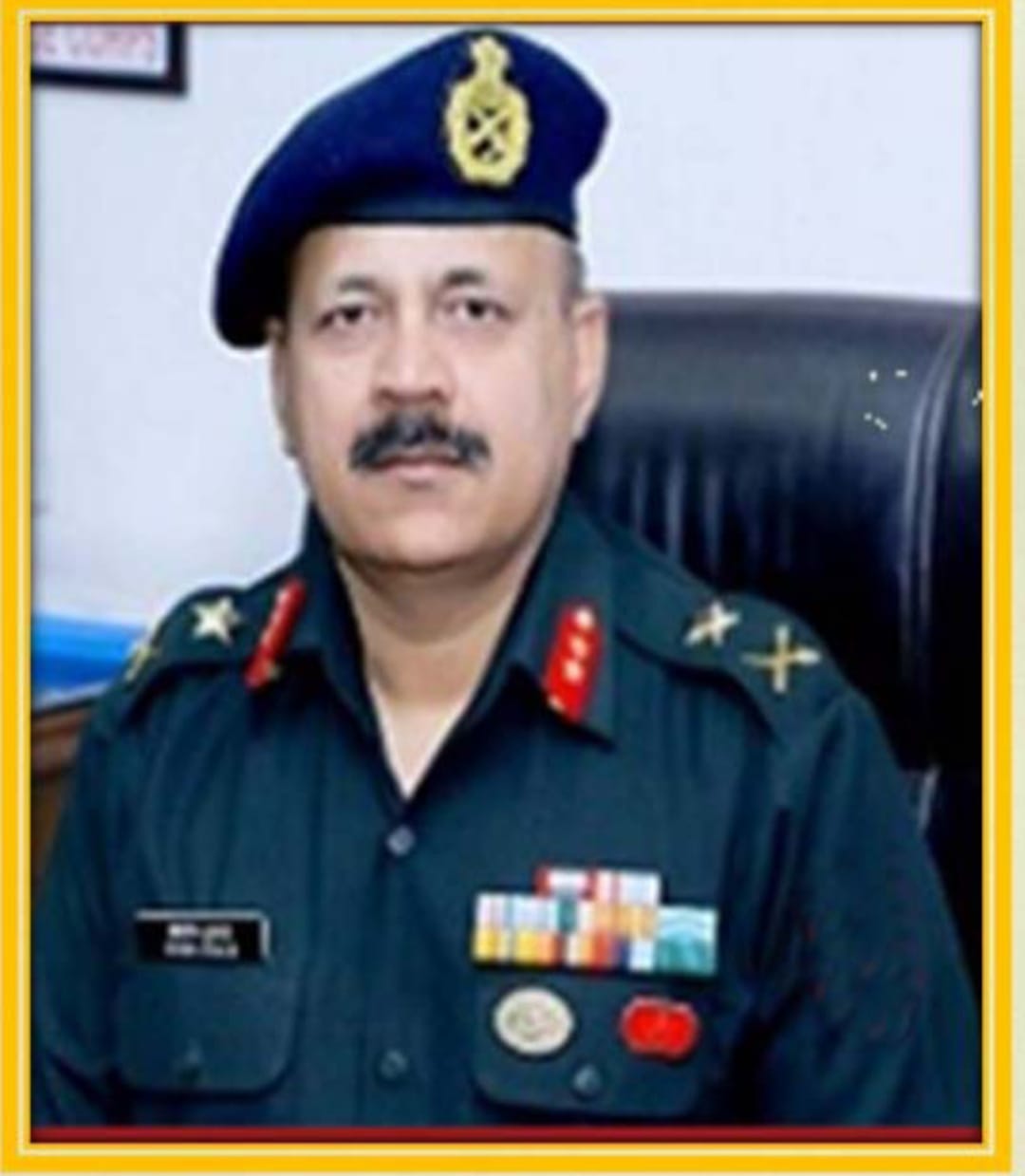


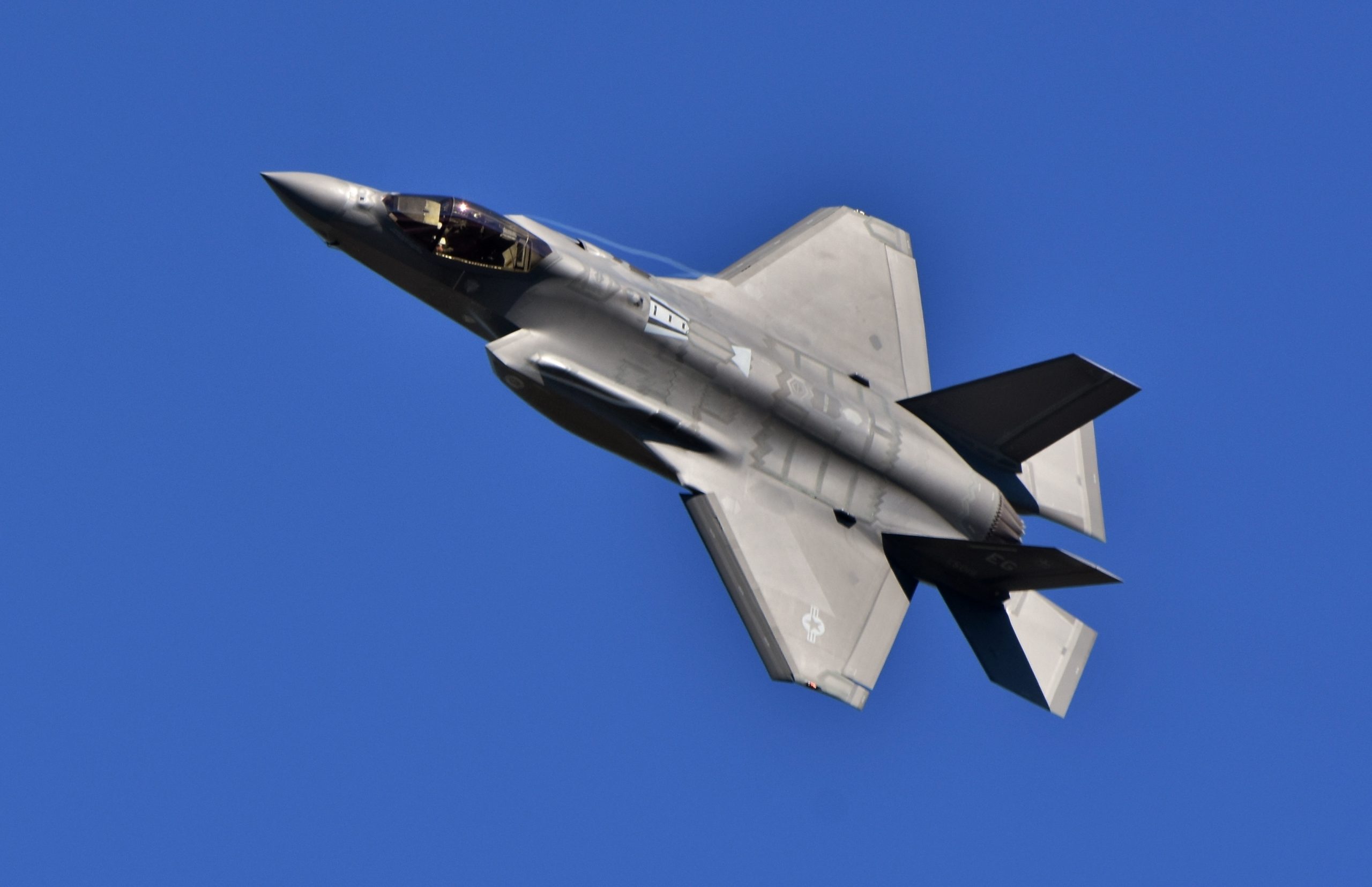
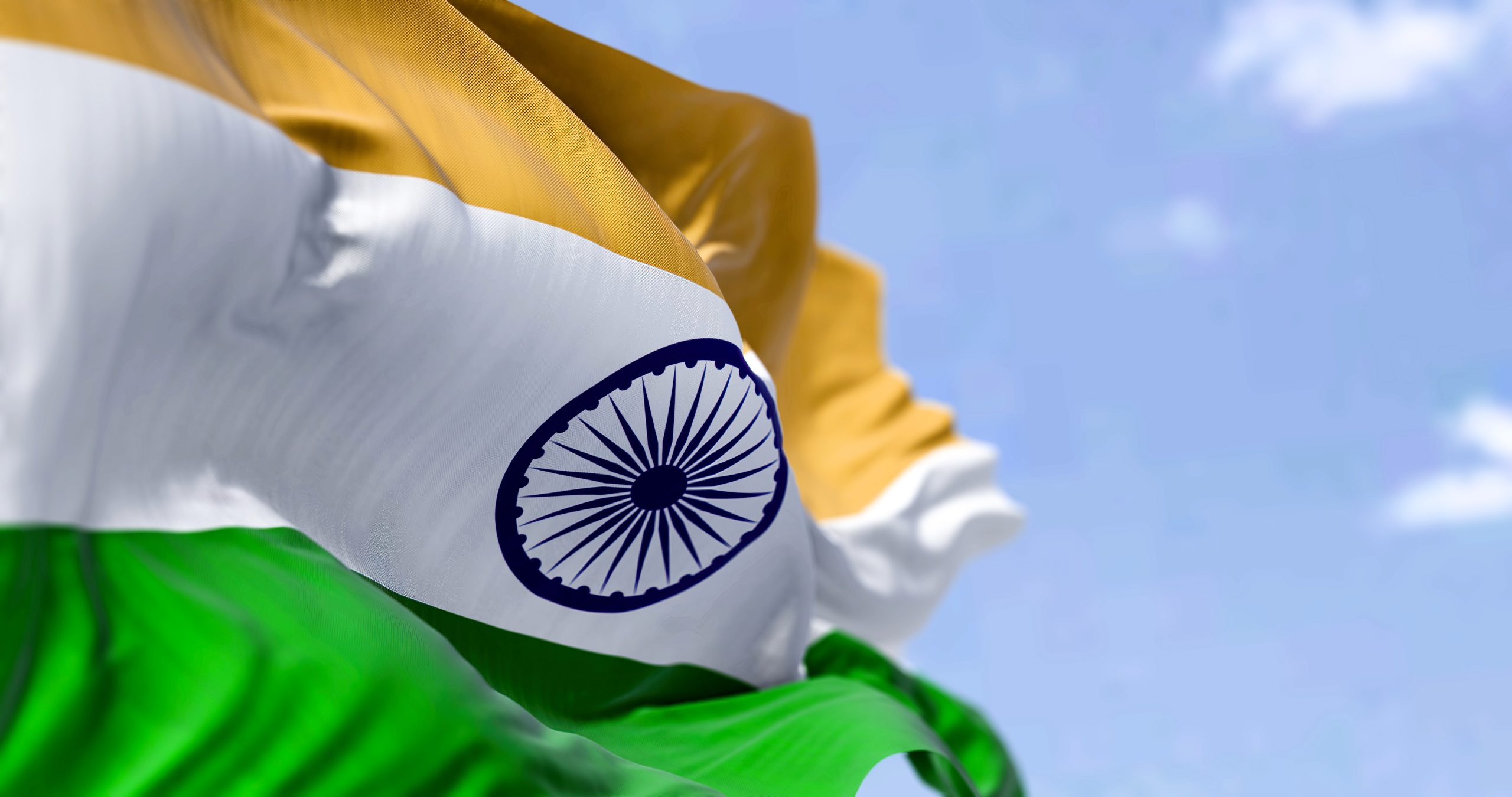
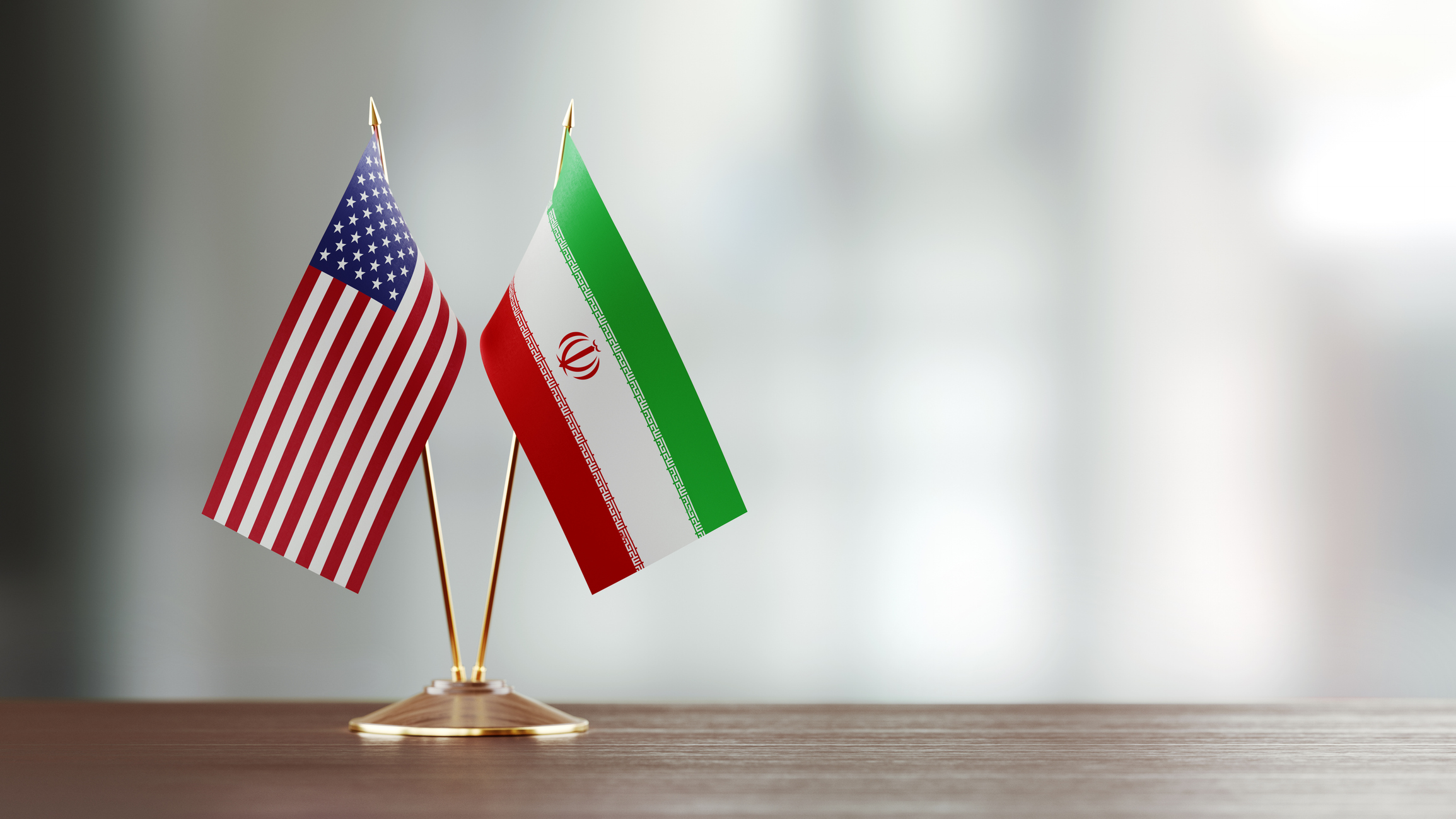
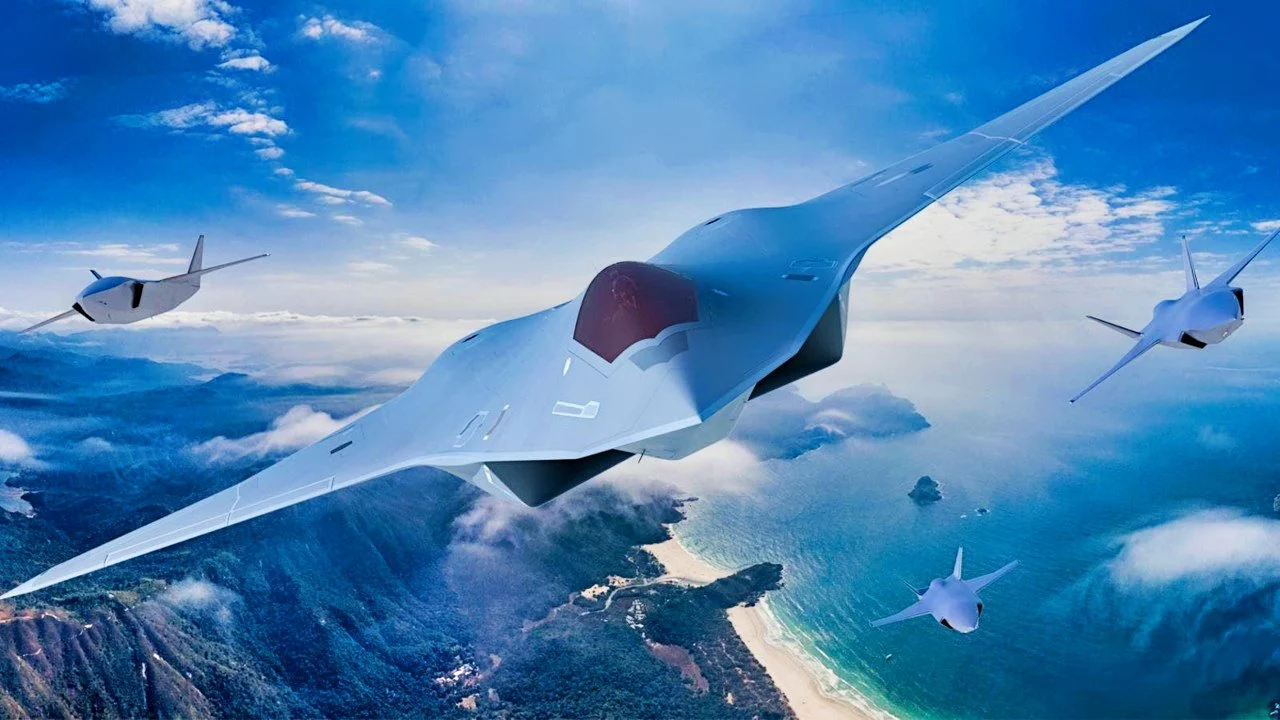
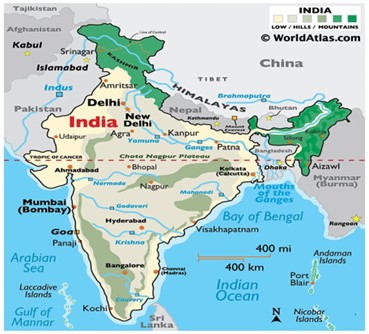










POST COMMENTS (0)